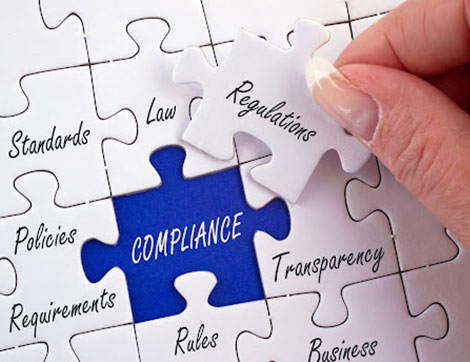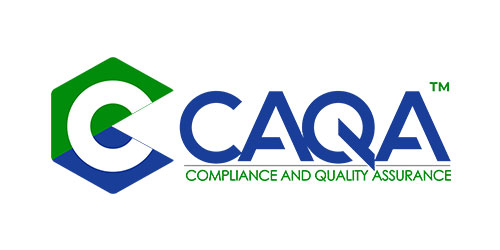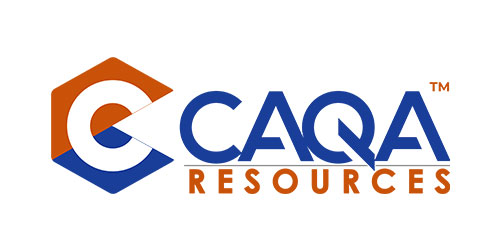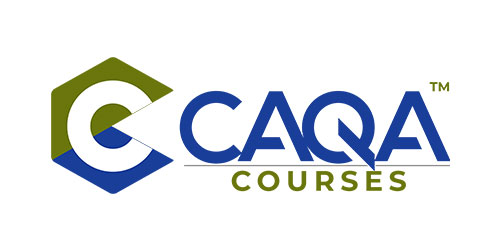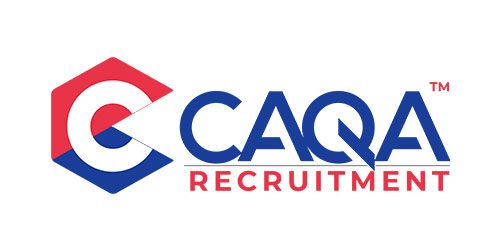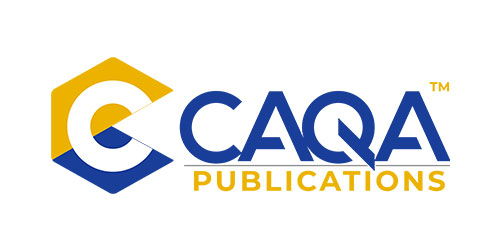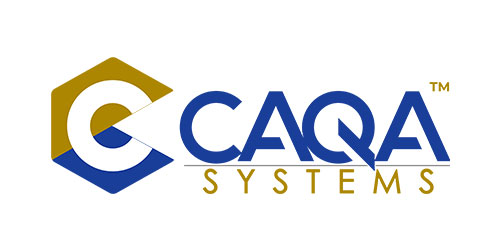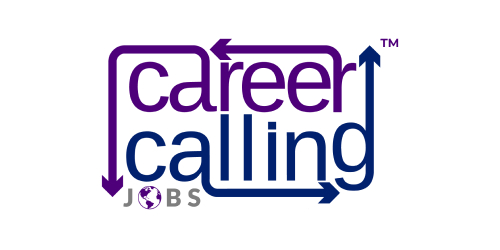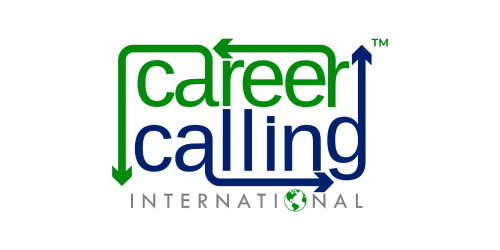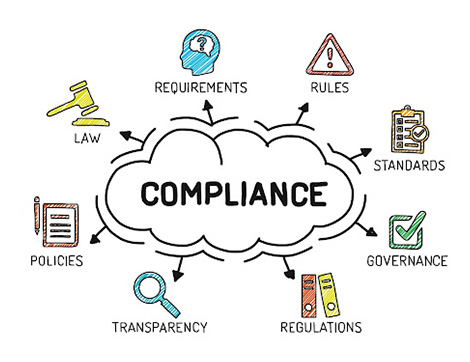
News
Organisations today face an increasingly complex regulatory environment. To meet their compliance obligations, they need to have a strong compliance program in place.
Compliance is a process, a mindset, a culture, and a team effort. It’s continuous, and it’s about more than just following rules and regulations. It’s about risk management, people, and communication. When compliance is part of an organisation’s DNA, it helps to create a safe, healthy, and productive environment for everyone involved.
Compliance isn’t just about following rules though. It’s also about having the right mindset. Staff need to be proactive in their approach to compliance, always looking for ways to improve procedures and prevent problems from arising.
To be truly compliant, an organisation must have a culture of compliance that permeates every level of the organisation. Additionally, compliance is a continuous process, not a one-time event. As such, it requires ongoing effort and vigilance from everyone involved.
And compliance requires buy-in from everyone in the organisation. It’s not something that can be left to the compliance officer or senior management. Everyone needs to play their part in creating a culture of compliance.
Compliance is a process because it involves identifying risks, implementing controls to mitigate those risks, and then monitoring the effectiveness of those controls. It is a mindset because it requires everyone in the organisation to be aware of the importance of compliance and to take ownership of their role in maintaining compliance. Compliance is a culture because it should be embedded into the way the organisation operates, from the top down.
Compliance is a team effort because everyone in the organisation plays a role in maintaining compliance. From the CEO to the front-line staff, everyone needs to be aware of the importance of compliance and their role in upholding it. Compliance is a continuous process because the risks associated with training activities are constantly changing. This means that controls need to be regularly reviewed and updated to ensure they remain effective.
The success of any compliance program depends on the buy-in and cooperation of everyone in the organisation. Without this, compliance will always be an uphill battle.
Just because you’ve achieved compliance today doesn’t mean you can rest on your laurels. You need to always be vigilant and keep up to date with changes in the law or best practice.
Compliance is about risk management. It’s about understanding the risks associated with your training activities and taking steps to mitigate those risks. It’s also about ensuring that your employees are properly trained and aware of the risks involved in their job tasks. Compliance is about creating a safe, healthy, and productive environment for everyone involved. When compliance is part of an organisation’s DNA, it helps to create a positive culture of safety and respect. In turn, this can lead to improved morale, increased productivity, and reduced risk. All of which are good things for any training organisation.
An effective compliance program starts with clear communication from management about the importance of compliance and the organisation’s commitment to meeting its obligations. This should be followed by training for all employees on the specific compliance requirements relevant to their roles. From there, organisations need to establish processes and procedures to ensure that compliance risks are identified and managed effectively. Finally, they need to create a culture of compliance by ensuring that employees are aware of the consequences of non-compliance and that there are systems in place to report potential breaches.
And finally, compliance is about communication. You need to ensure that everyone in your organisation understands the compliance requirements and knows how to comply with them. Only then can you create a culture of compliance that will help keep your organisation safe and compliant with the law.
Compliance may seem like a lot of work, but it’s essential for any training organisation. By following these strategies, you can ensure that your organisation is compliant and avoid any problems further down the line.
So, when it comes to compliance in your training organisation, remember that it is more than just following rules and regulations. It is a process, a mindset, and a culture. And it starts with you.
 1800 961 980
1800 961 980 info@careercalling.com.au
info@careercalling.com.au




